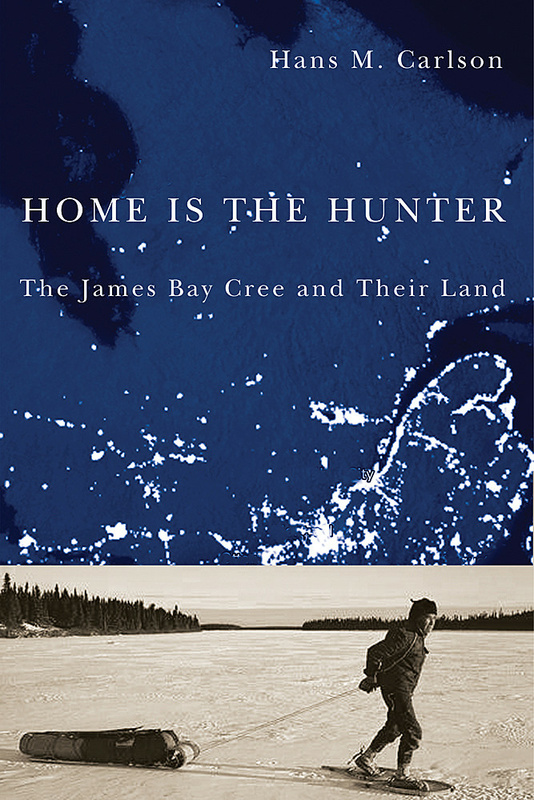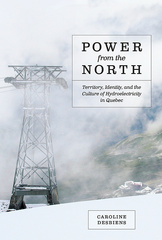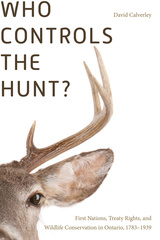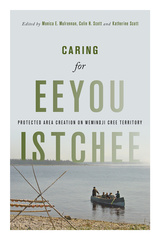Our shopping cart is currently down. To place an order, please contact our distributor, UTP Distribution, directly at utpbooks@utpress.utoronto.ca.
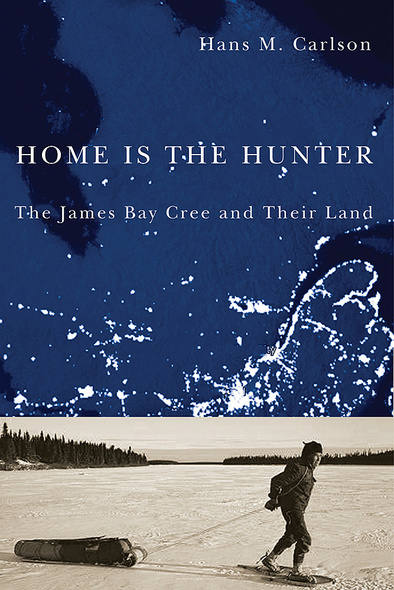
The James Bay Cree lived in relative isolation until 1970, when Northern Quebec was swept up in the political and cultural changes of the Quiet Revolution. The ensuing years have brought immense change for the Cree, who now live with the consequences of Quebec’s massive development of hydroelectricity, timber, and mineral resources in the North.
Home Is the Hunter presents the historical, environmental, and cultural context from which this recent story grows. Hans Carlson shows how the Cree view their lands as their home, their garden, and their memory of themselves as a people. By investigating the Cree’s relationship with the land and their three hundred years of contact with outsiders, the author illuminates the process of cultural negotiation at the foundation of ongoing political and environmental debates.
This book is more than a story of dam building and industrial logging in northern Quebec. It offers a way of thinking about indigenous peoples’ struggles for rights and environmental justice in Canada and elsewhere.
Awards
- 2010, Shortlisted - Harold Adams Innis Prize, Canadian Federation for the Humanities and Social Sciences
It is the question and power of narratives on which Carlson’s book turns. His study is thick with a multitude of them, and he seamlessly blends different narratives within each chapter, usually setting up his own interpretation against the dominant ones. He is particularly concerned with the interplay of culture and environment that often gets downplayed or ignored entirely in other studies. […] Carlson does more than write the Cree into our narrative; he pens a Cree-centered narrative that writes newcomers into it, and it is this aspect of Carlson’s book that is the most compelling. […] Home Is the Hunter is an excellent study of human and environmental relationships. […] Anyone with a minimal understanding of this place and these people should read this book, if only to see where their narratives fit in with others and to gain a greater appreciation for the history of the Cree and for the potential dangers to which we all contribute by pulling resources from the periphery while at the same time imposing our outsider understandings over local ones.
Foreword: Dignity and Power / Graeme Wynn
Acknowledgments
1 Introduction: Why James Bay?
2 Imagining the Land
3 Inland Engagement
4 Christians and Cree
5 Marginal Existences
6 Management and Moral Economy
7 Flooding the Garden
8 Conclusion: Journeys of Wellness, Walks of the Heart
Postscript
Notes
Bibliography
Index

